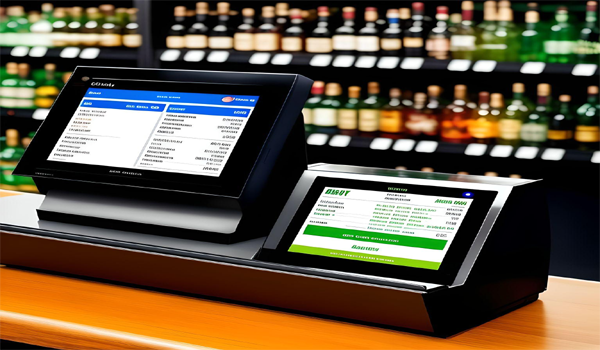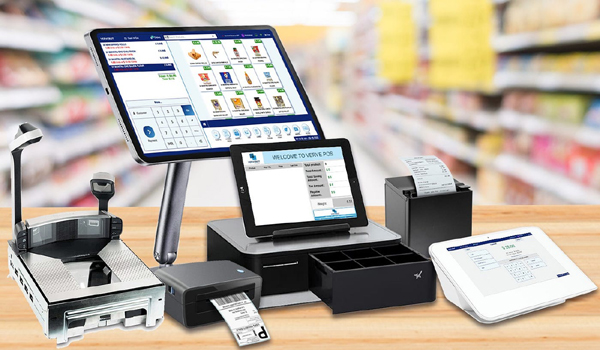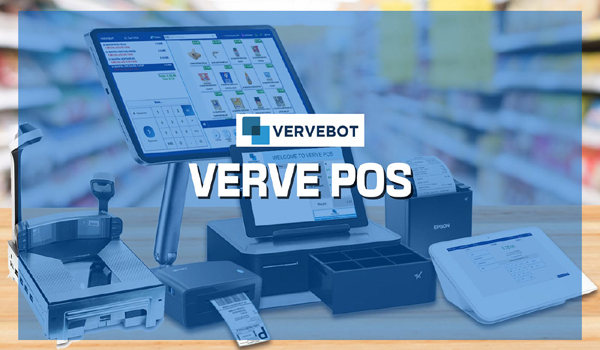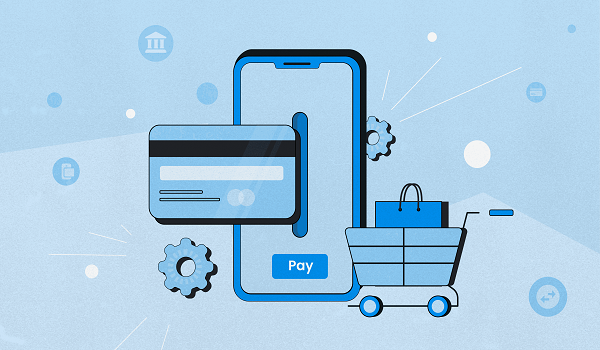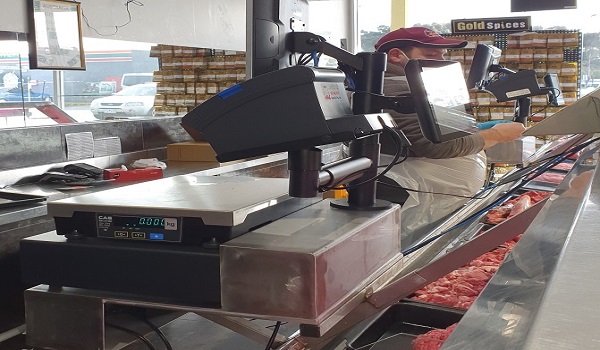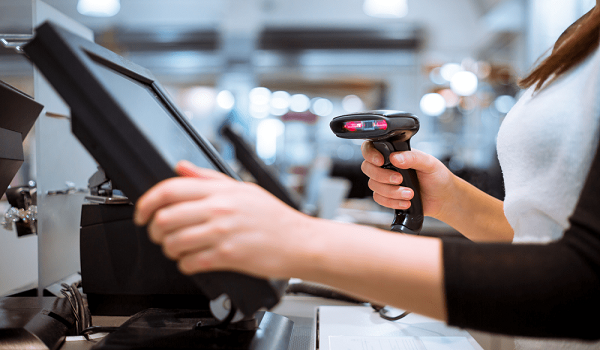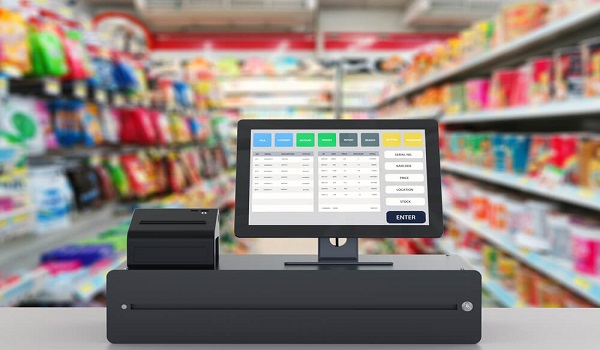
Introduction to cloud POS software for your retail store
Cloud POS software for retail stores revolutionizes the way businesses manage their point-of-sale operations. With a centralized and web-based system, it allows retailers to store and access important data in the cloud, enabling real-time updates and remote access. This introduction provides a brief overview of how cloud POS software works and highlights its benefits in terms of mobility, scalability, and data security. It sets the stage for understanding how cloud POS software can transform retail store management.
Cloud POS software for retail stores how it typically works
Setup and configuration: After purchasing a cloud POS software, you'll need to sign up for an account and set up the system. This involves configuring settings such as inventory management, payment options, tax rates, and user permissions.
Cloud storage: All your store's data, including sales transactions, inventory levels, customer information, and reports, are stored securely in the cloud. This allows you to access and manage the data from anywhere with an internet connection.
Sales and checkout: Cloud POS software provides an intuitive and user-friendly interface for your sales staff to process transactions. It allows you to quickly add products to the cart, apply discounts/promotions, accept different payment methods (like cash, card, or mobile payments), and generate digital receipts.
Inventory management: Cloud POS software tracks and updates inventory levels in real-time. Whenever a sale is made, the system deducts the sold items from the inventory count, ensuring accurate stock management. You can also set up automatic reorder triggers to ensure you never run out of popular products.
Customer management: Cloud POS software enables you to create and maintain a database of customer information. You can capture customer details during the checkout process, including name, email, phone number, and purchase history. This allows you to personalize the shopping experience, send targeted promotions, and build customer loyalty.
Reporting and analytics: Cloud POS software generates insightful reports and analytics based on sales data captured. You can analyze your sales performance, track the popularity of different products, identify trends, and make informed business decisions. These reports can be accessed and viewed from any device with an internet connection.
Multi-location support: Cloud POS software can be scaled to support multiple retail locations. This allows you to manage inventory, sales, and other operations across different stores from a centralized dashboard, providing a unified view of your business.
Integration: Cloud POS software often integrates with other business tools such as accounting software, e-commerce platforms, customer relationship management (CRM) systems, and marketing tools. This streamlines your operations, eliminates manual data entry, and improves overall efficiency.
Enhancing Customer Management with Cloud POS
Customer database: Cloud POS software allows retailers to maintain a comprehensive customer database. This database contains important information such as customer contact details, purchase history, loyalty program participation, and preferences. Having this information readily accessible allows retailers to provide personalized experiences and targeted marketing initiatives.
Loyalty programs: Cloud POS software enables retailers to create and manage loyalty programs easily. Customers can be enrolled in loyalty programs with unique identification numbers or through their registered accounts. The software tracks their purchases and points earned, making it easy to reward loyal customers with discounts, gifts, or exclusive offers.
Personalized discounts and promotions: With the customer information stored in the cloud POS system, retailers can create personalized discounts and promotions for individual customers or specific customer segments. Tailoring offers based on customer preferences and purchase history increases the effectiveness of marketing efforts and encourages repeat business.
Customer communication: Cloud POS software often integrates with email or SMS marketing tools, allowing retailers to send targeted communications directly to customers. These communications can include promotional offers, new product announcements, or even personalized recommendations based on customer purchase history. This direct and personalized communication strengthens customer relationships and encourages engagement.
Order history and returns: Cloud POS software records and stores customers' order history, making it easy to look up previous purchases or process returns/exchanges. This feature enhances customer satisfaction by providing a seamless and efficient experience when dealing with returns or inquiries about past transactions.
Omnichannel integration: Cloud POS software can integrate with other sales channels, such as e-commerce platforms or mobile applications. This integration ensures a unified customer experience across different channels and allows retailers to track customer activity and preferences across all touchpoints.
Customer analytics: Cloud POS software provides robust reporting and analytics features that enable retailers to gain insights into customer behavior and trends. Through these analytics, retailers can identify their most valuable customers, understand their preferences, and strategize marketing initiatives accordingly.
Security and Data Protection in Cloud POS
Encryption: Cloud POS software should use strong encryption techniques to protect data during transmission and storage. This ensures that sensitive information, such as customer payment details, remains secure.
Secure data centers: Choose a cloud POS provider that hosts their data in reputable and secure data centers. These data centers should employ physical security measures, regular backups, firewalls, and intrusion detection systems.
User authentication and access control: Implement strong user authentication methods, such as unique usernames and passwords, for accessing the cloud POS software. Additionally, utilize role-based access controls to restrict users' access to only the necessary functions and data.
Regular updates and patching: It is essential to maintain your cloud POS software with regular updates and patches to safeguard against vulnerabilities and potential exploits.
Compliance with industry standards: Look for cloud POS providers that adhere to industry standards and regulations, such as PCI DSS (Payment Card Industry Data Security Standard). Compliance with these standards ensures that your customers' payment card data is handled securely.
Data backups and disaster recovery: Choose a cloud POS provider that offers regular data backups and has a robust disaster recovery plan in place. This ensures that your data is protected in case of unforeseen events like hardware failures or natural disasters.
Regular monitoring and auditing: Establish robust monitoring and auditing protocols to proactively identify and address any signs of suspicious activities or breaches. This proactive approach is vital for recognizing potential security threats and promptly implementing countermeasures to mitigate risks.
Employee training and awareness: Educate your staff about security best practices, such as password hygiene, phishing awareness, and data protection policies. Promote a culture of security within your organization to minimize the risk of human error or negligence.
Vendor due diligence: Before selecting a cloud POS provider, conduct thorough due diligence to ensure they have a strong track record in security and data protection. Look for certifications and testimonials that demonstrate their commitment to data security.
Conclusion
Cloud POS software offers a game-changing solution for retail store management. With its centralized and web-based system, retailers can streamline their point-of-sale operations, manage inventory in real-time, and access vital business data from anywhere with an internet connection. The software enhances customer management through features like customer databases, loyalty programs, personalized promotions, and targeted communications. Additionally, cloud POS software provides robust security measures to protect sensitive data, ensuring compliance with industry standards and regulations. By adopting cloud POS software, retail stores can optimize their operations, improve customer experience, and drive business growth in today's digital age.
